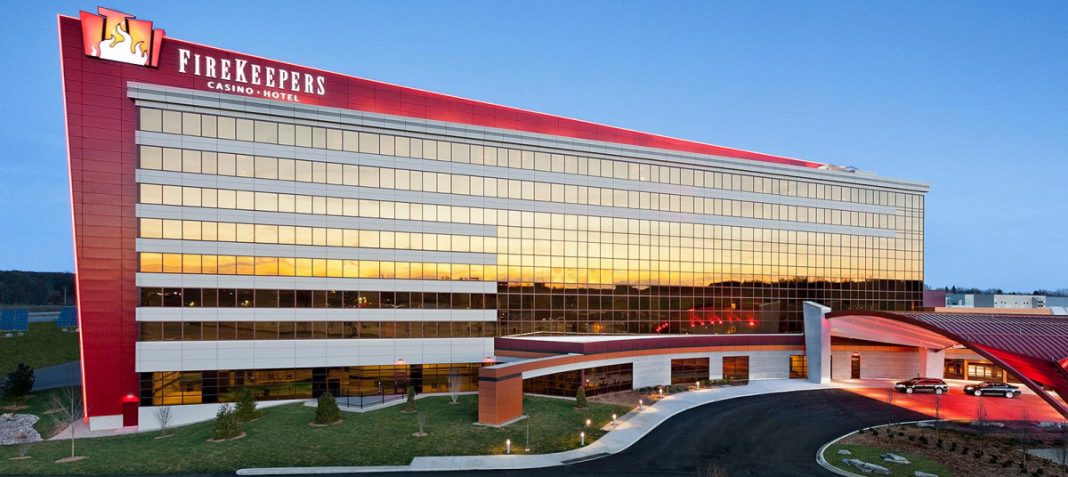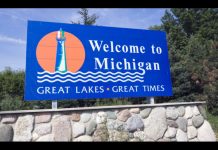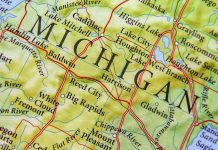The American Gaming Association (AGA) has published its latest state study, this time focusing on Michigan. Titled Casinos & Communities: Michigan, the report was completed prior to the COVID-19 outbreak, but sees the light of day in timely fashion as the state’s commercial casinos begin to reopen.
According to the AGA, the study highlights how critical casino gaming is to Michigan’s economy, and consequently, how important gaming will be to the state’s economic resurgence.
Key takeaways indicate that Michigan’s 27 commercial and tribal casinos combine to have an annual $6.3bn economic impact on the state, generating $1.3bn in state and local taxes. Crucially, they generate $2.1bn in wages and support circa 38,000 jobs.
The new report features firsthand accounts of gaming’s impact on Michigan’s communities, including how the industry has partnered with numerous charities and funded government projects, making the gaming industry a pillar to Detroit’s economic revival and an invaluable resource for Michigan’s sovereign tribal nations.
Between March and July, the shutdown of Michigan’s casinos deprived statewide and local governments of $114.1m in gaming tax revenue. This includes $46.2m earmarked for statewide K-12 education and $67.8m in lost revenue for the City of Detroit that supports youth development programing, economic development initiatives designed to create local jobs, and other local improvement projects.
While the report describes Detroit’s commercial casino market as thriving, it acknowledges that it only represents one aspect of the broader gaming community in the Great Lakes State.
Across Michigan, 24 tribal casinos are helping thousands of Native American families, businesses, and communities prosper, diversify, and build for the future. Owned and operated by the Nottawaseppi Huron Band of the Potawatomi, FireKeepers Casino Hotel is a case in point. Located just outside Battle Creek, tribal and non-tribal residents alike have benefited from the casino.
Derek King, Calhoun County Commissioner, grew up in the area and watched the Pine Creek Indian Reservation change dramatically as a result of gaming. He was quoted in the report: “Now they have built some of the most state-of-the-art facilities, buildings, and health departments,” adding that the tribe is better able “to take care of and enable its members.”
Also quoted was Battle Creek City Manager Rebecca Fleury who sees the impact of FireKeepers Casino Hotel as threefold. “Certainly, it does employ people in our area and there are many people that live in the city of Battle Creek that are employed by FireKeepers,” she said.
Then there are the indirect effects, as Fleury noted: “it brings people from all over the state and beyond the state of Michigan. They go to the casino, but they also come into downtown Battle Creek, they eat at local restaurants. Some of them like it so much they stay.”
The report goes on to highlight how the tribe’s gaming compact with the state has increased funding for local economic development in Battle Creek, with tribal casino revenue sharing being used to support public safety, infrastructure, parks, educational attainment and career pathways. “I can’t think of an area that they haven’t touched with the money that they share with the community,” said Fleury.













